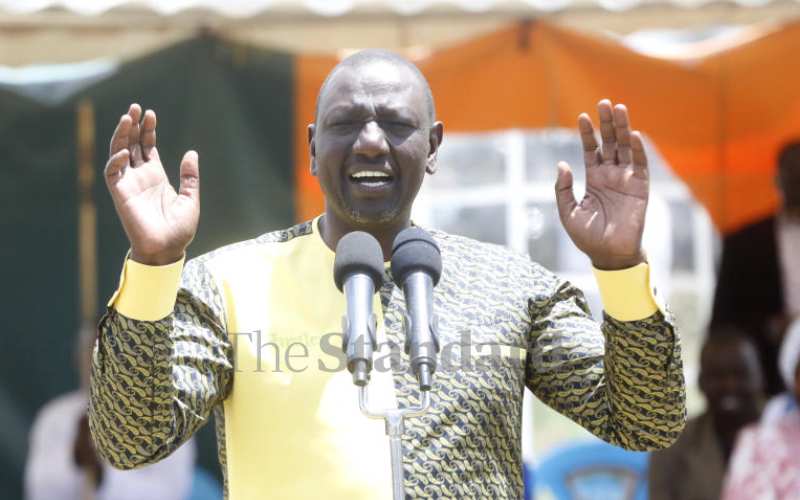
William Ruto is the isolated political animal that the rest of the pride would like to run off a cliff. For whatever reason, the rest of the political elite club of President Uhuru Kenyatta, Raila Odinga, Musalia Mudavadi, Kalonzo Musyoka and Moses Wetang’ula has marked him out as a common enemy and an election issue, in next year’s election.
He has been cast in a horrific cask and hoisted for political drubbing at every opportunity. A political address by this class is incomplete if it has not bedraggled him through the worst sewers of politics. How he navigates his way out of this challenge to romp home to victory remains to be seen. The massive numbers he attracts at his political rallies and roadshows are only good when they are converted to bankable votes. To do this, he must overcome several hurdles.